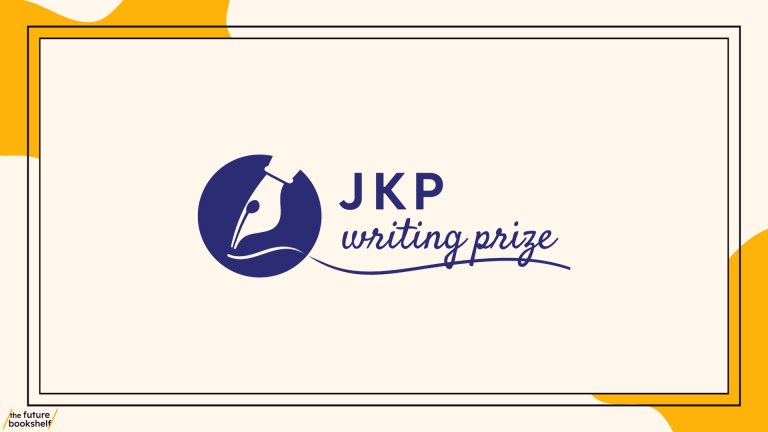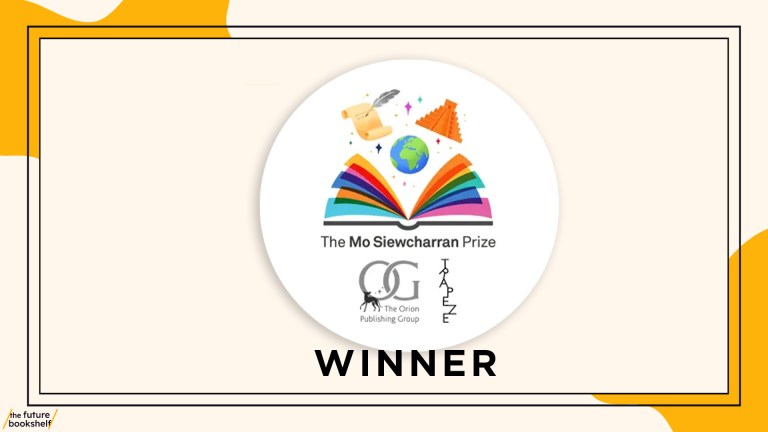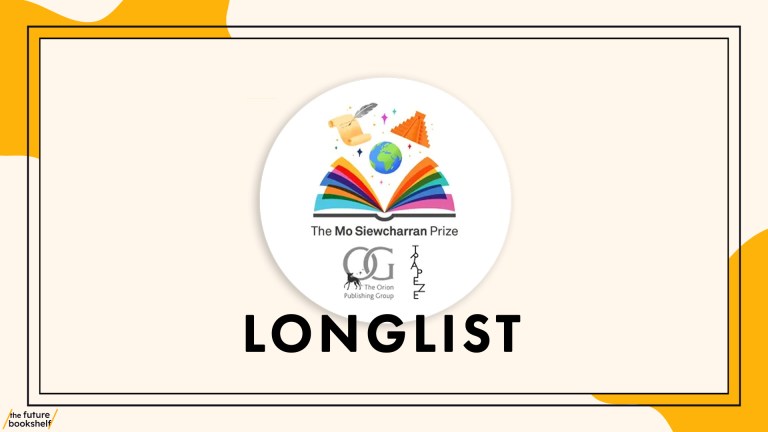‘Faithful storytelling, competent narrative, even perfect grammar are no use unless we want to know what happens and keep turning the page’

The importance of plot – it’s how you tell it
There’s a lot written about story v. plot v. narrative – you’re all bright people, you can disappear down the Google rabbit hole and read it for yourself (if you haven’t already). But basically if story is what happens, then plot is how it happens.
As a devotee of narrative fiction and non-fiction, I like both to be working together seamlessly. The plot can go backwards and forwards and shift narrative perspective, it can play tricks, but it has to have its own internal logic and carry us to the end without us worrying ‘ but what about?’ or ‘who was that?’ or, worse, ‘that would never have happened’. Make us believe it could! Give us interesting characters with a motivation or aim we believe in then apply situations they have to navigate and overcome. Away with the ‘and then and then and then . . .’; take some risks but know where you’re going.
I’ve always thought that there are huge lessons to be learned from the disciplines of TV and film – constrained by time and structure the best examples can be masterpieces of plotting. For as much as budding writers are urged to read read read, I am giving you permission to watch Netflix and soaps as well (not instead of!). Watch and learn.
As an editor I get hundreds of submissions a year, many of which are on subjects I’m interested in. Faithful storytelling, competent narrative, even perfect grammar are no use unless we want to know what happens and keep turning the page.
The ones that sing out are rare – it’s how you tell it.
Please don’t:
Overplot or overpopulate: if the reader doesn’t know what’s going on or who’s who, it’s likely you don’t either. Your reader is your friend, not an enemy you’re trying to outwit.
Set false trails: there’s a difference between red herrings and plot holes – if you plot the story carefully you should make sure all the threads are tied up. A corollary to this is the famous principle of Chekov’s Gun – broadly if there’s a gun in Act 1 – it probably should be fired in Act 3 (vale seagulls). The reverse of this is also true.
Forget character: what are your characters doing (and why?) are they fleshed out, are we invested in them?
Five great books on writing:
(A couple of these are about screenwriting but the principles are the same, imho.)
Into the Woods, John Yorke (my absolute favourite)
On Writing, Stephen King
Bird by Bird, Anne Lamott
Seven Basic Plots, Christopher Booker
Grimm’s Fairy Tales (yep)





